THE PLATFORM PLAY
Intellectual Property Enforcement
in Online Communities
by Mart van de Ven
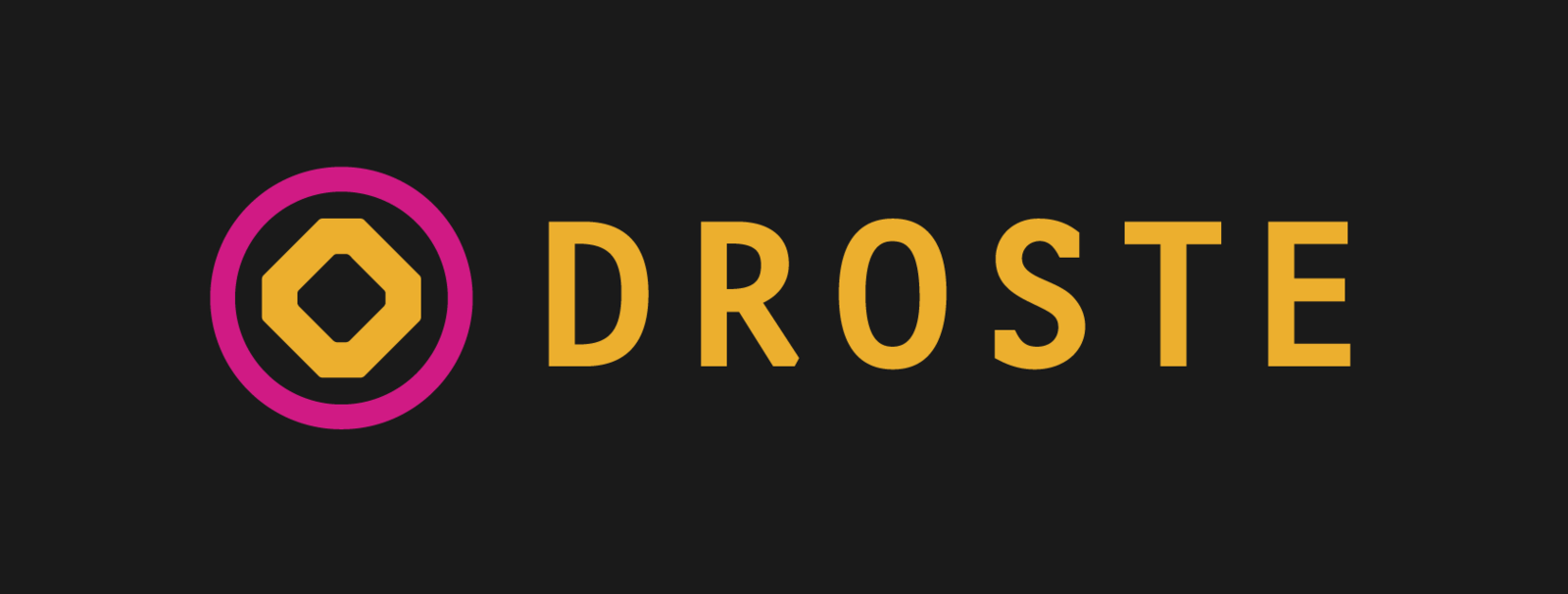
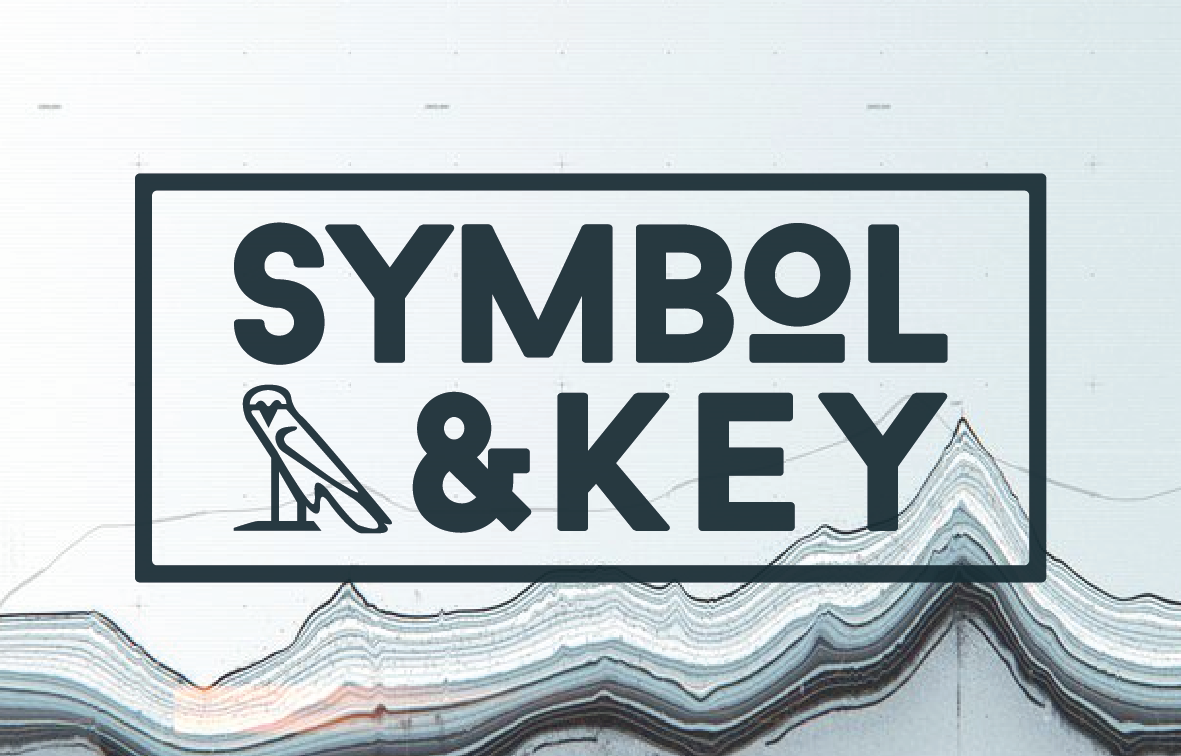

the internet
be like
How does the Internet feel about Copyright?
... how does copyright feel about the Internet?
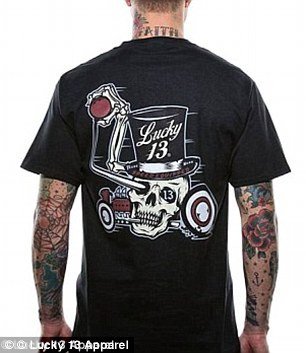
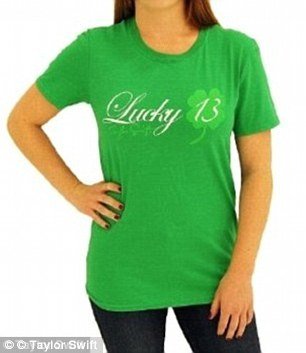
Kloetzly drew attention to videos featuring 'fast cars, and dangerous men who drive inappropriately', saying they were evidence that Swift was aiming her products at the same edgy, tattooed crowd that buy his clothing, jewelry, body spray, car plates and other items.
Plaintiffs gonna plaint
"Haters gone hate, playas gone play. Watch
out for them fakers, they'll fake you everyday.
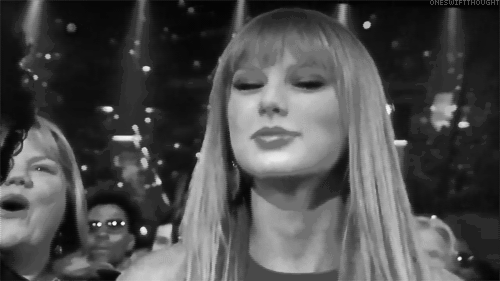
'Cause the players gonna play, play, play, play, play/ And the haters gonna hate, hate, hate, hate, hate,' and 'And the fakers gonna fake, fake, fake, fake, fake.'
The Grab
The filings prohibit the use of those phrases, which all come from her 2014 album 1989, from appearing without a license on everything from guitar straps and other accessories to removable tattoos.
Some of the more obscure items covered by her trademarks include typewriters, walking sticks, non-medicated toiletries, Christmas stockings, pot holders, lanyards, aprons, whalebone, napkin holders and the particularly ominous collection of "whips, harness and saddlery."

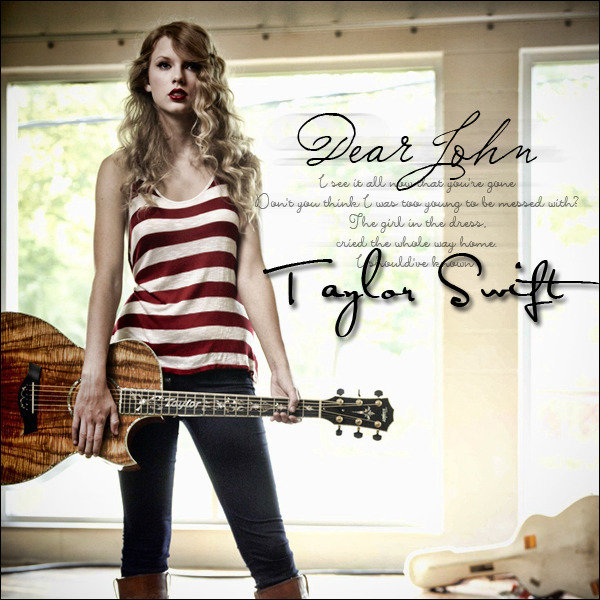
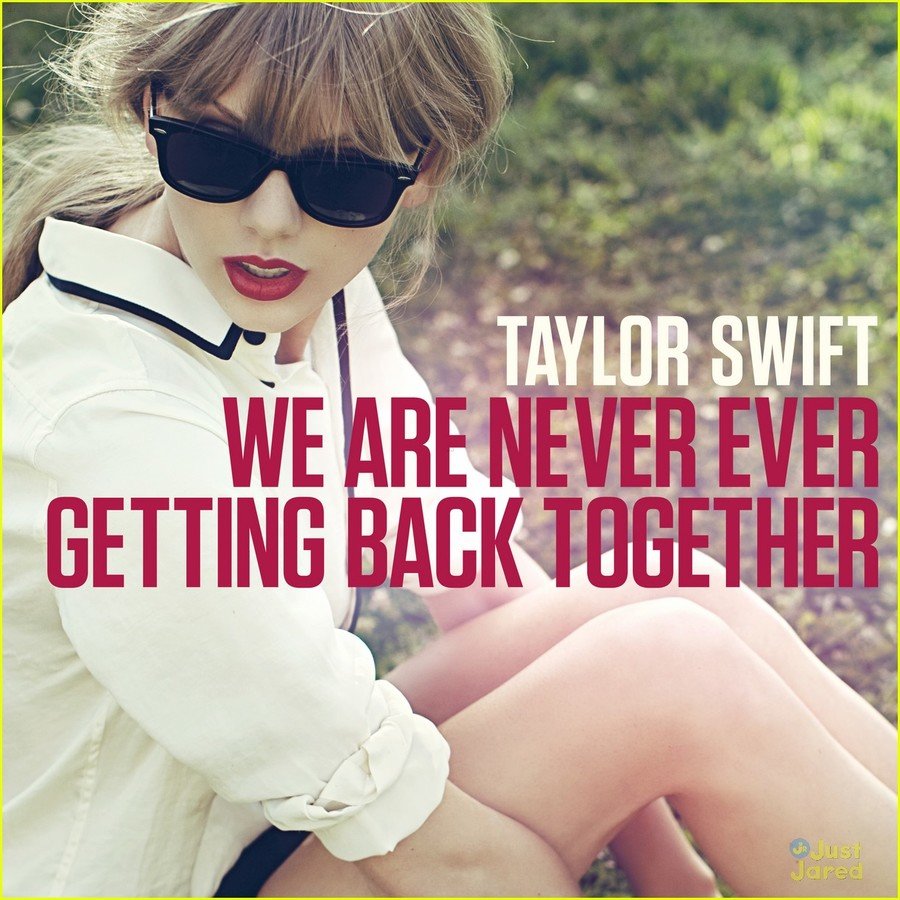
On October 26 2012, a YouTube user named crimewriter95 posted a full-length version of Pulp Fiction, rearranged in chronological order.

The legendary movie itself placed into chronological order. If you'd like me to put the full movie itself up, let me know and I'll be glad to oblige. Please no copyright infringement. I only put this up as a project.
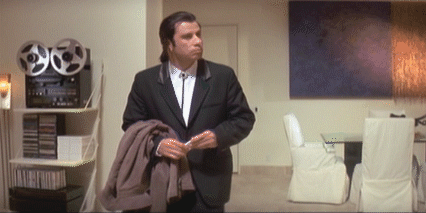
there are about 2,480,000
disclaimers like this
The most common of the half-million disclaimers used at YouTube is apparently "No Copyright Intended" which -- despite its ambiguous meaning -- is about as effective as going 90 MPH in your car with a sign that says "No Speeding Intended."
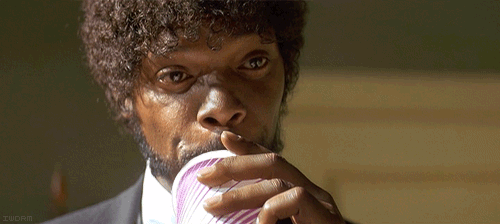
Unfortunately, claiming fair use doesn't mean that the work qualifies as a fair use. Only a court can determine that... but it may set a more sympathetic tone for you as a defendant if you find yourself responding to a lawsuit.
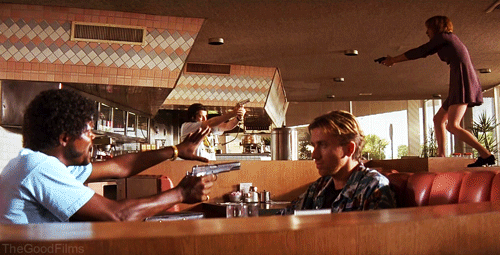
Under current copyright law, nearly every cover song on YouTube is technically illegal. Every fan-made music video, every mashup album, every supercut, every fanfic story? Quite probably illegal, though largely untested in court.
No amount of lawsuits or legal threats will change the fact that this behavior is considered normal ...
WHAT'S THE
MENTAL MODEL
OF COPYRIGHT?
primarily a claim of authorship?
is there a generational divide in copyright morality?
Well, if you want to monetize your videos, have access to all the features available to other users, set up a paid channel, avoid suspension or a ban and possible legal action by a third party, it matters a lot that you play by the rules as far as publishing content on YouTube goes.
YouTube penalties
- Community Guideline Strikes: Users of the site can flag an inappropriate video which YouTube will then review. This can cover racist, sexually explicit, abusive, offensive or plain spammy content.
-
Copyright Strikes/DMCA Takedown Notices: A user who believes their work is being used by another can file a copyright claim against the uploader. Alleged copyright infringement claims are manual and the process needs to be initiated by the claimant.
-
ContentID Matches: Content ID matches are automated. Creators can choose to upload their content to be matched against everything else that's published on YouTube. Videos that are "matched" by Content ID may be monetized, blocked or tracked and don’t always result in a copyright strike.
Copyright strikes are often confused with Content ID matches but they are not really the same:
- Where ContentID matches are fully automated, copyright infringement appeals have to be raised manually by the party who believes their licensed work has been used by a Youtuber, whether intentionally or unintentionally.
- If your video was blocked by a Copyright or DMCA notice it (usually) means that an actual person has looked at your content and decided that it needs investigating.
- If a content owner sees a video which they believe infringes their copyright, they can file a notification with YouTube who then have to, by law, take that video down.
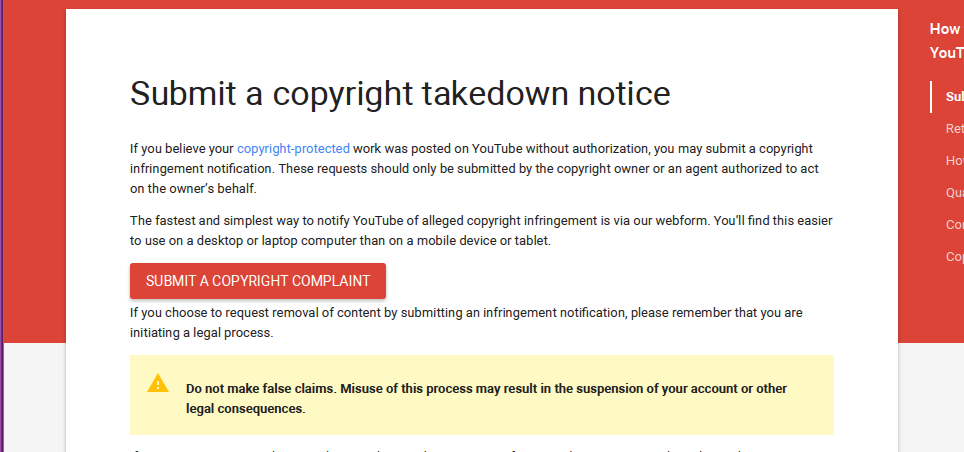
- The claimant submits a 'copyright removal form' that needs to include details of the video in question, and why they feel it is subject to copyright.
- YouTube will then remove that video content until the uploader decides to file a counter claim.
-
With a copyright strike notification you can either wait six months for the strike to expire, or you can approach the claimant to resolve the issue by asking them to retract their claim or you can submit a counter claim against the notification.
-
If you do file a counter claim, the other party has 14 business days to notify YouTube that they intend to take legal action against you. As long as there is an active copyright strike against your account, you may lose some of the features available to be others such as the ability to upload videos longer than 15 minutes or post unlisted or Creative Commons licensed videos.
- First Strike: The first strike on your account is considered a warning.
- Three Strikes: If you receive three copyright strikes against your account it will be suspended and all videos removed. Users with suspended YouTube accounts will not be able to create a new one.
- Mute audio that matches their music
- Block a whole video from being viewed
- Monetize the video by running ads against it
- Track the video’s viewership statistics
It is programmed to recognize when material is being used, but not if that material is being used legally or illegally
YouTube later clarified that the change in the ContentID system that caused videos to be flagged was likely a result of new tools it made available for multi-channel networks
At least two known music multi-channel networks, TuneCore and INDmusic, who represent many video game music composers and artists, had automatically enabled the copyright protection for all of its clients without seeking their input, and as such, many of the Let's Play videos as well as the game developers' own promotional videos were blocked due to these actions.
1. Purpose and Character (Is it transformative?)
2. Nature of the Copied Work (Fact or Fiction?)
3. Amount & Substantiality (How much did you use?)
4. Effect on Market Value (Does your use affect the maker’s profit?)
FAIR USE
Uses that qualify for exemption (in the US) include education, criticism, commentary, parody, news reporting, scholarship, and research.
- YouTube has one of the quickest copyright takedown systems on the Web.
- Due in part to legal agreements it has with various content providers, the company moves pretty fast when a request is filled.
- The Content ID system, as it currently exists, essentially puts the burden of proof on the accused.
- Regardless of the supposed infraction, the person hit with the request must then prove they are innocent.
On Sunday night I hosted a live broadcast with contributors from CTTechJunkie.com and NASASpaceflight.com to watch the landing live. We brought in footage provided by NASA, including their live feed of the landing. NASA footage is released into the public domain and can be freely used by anyone.
I just came home to my inbox filled with dispute claims from no less than FIVE news organizations claiming this footage as their own. BS. It’s mine. And now Youtube says it might start running ads against content I created and handing that money over to these crooks who are essentially bigger players with the ability to claim rights to content they do not own.
The worst part is that Google clearly is not requiring these “rightsholders” prove they actually own the content. But it’s somehow incumbent upon me to prove my innocence. This is outright theft of my content – plain and simple. ~ Seidman
A Let’s Play thread, or LP, is a thread in which a person or group plays through a video game and chronicles their progress by posting videos, screenshots with accompanying text, or a mixture of both
'Let's Plays' are making some YouTubers a ridiculous amount of money, but since there's never been anything like it in the past, no one knows exactly how to deal with it.
I think filing claims against LPers is backwards. Video games aren’t like movies or TV. Each play-through is a unique audiovisual experience. When I see a film that someone else is also watching, I don’t need to see it again. When I see a game that someone else is playing, I want to play that game for myself! Sure, there may be some people who watch games rather than play them, but are those people even gamers? ~ Zack Scott
Nintendo seems to acknowledge that providing let’s players with a financial incentive to continue playing their games and bringing them to the public eye is better than not having those games on YouTube at all.
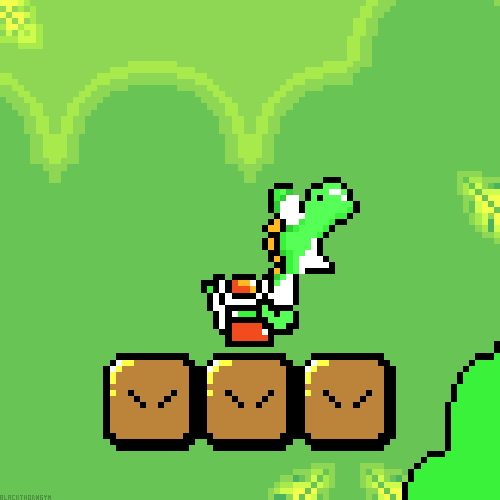
Now, the Creators Program will divide the ad revenue between the content creators and Nintendo. For the average channel, the split will be 60% user, 40% Nintendo
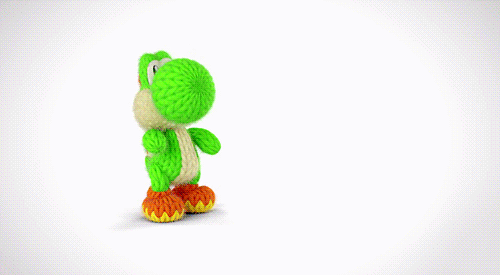
On September 21st, 2004, the brothers released their first YouTube video titled “GI Joe The Epic Saga,” featuring action figures for characters from the children’s cartoon series G.I. Joe (shown below). The series gained a fan following online,but were subsequently taken down due to cease and desist orders from Hasbro in 2006. The videos were subsequently reuploaded on YouTube on alternate accounts
- Fine Bros have issues a numbers of Cease and Desist letters
- They sent their fans to brigade Ellen DeGeneres for doing a similar skit
- Though their format isn't too different from Kids Say The Darnest Things
- The don't and should not own an entire genre of YouTube videos.
Fine Bros Entertainment (FBE) has applied for a trademark on a number of things relative to their series on YouTube.
They announced React World, a scheme to license their trademarks and format
These examples hopefully provided an important lesson about frivolous claims, censorship, and monopolies -and the dangers when all three are in play.
Copyright & Trademarks are of course still important on the internet, but it are the social and commercial rules of a community which determine how copyright infringement is dealt with
New schemes will be introduced to deal with copyright on the internet, but it's the narrative which will determine their success....
Thank you.
by Mart van de Ven
m@type.hk
The Platform Play: Intellectual Property Enforcement in Online Communities
By Mart van de Ven
The Platform Play: Intellectual Property Enforcement in Online Communities
The Platform Play: Intellectual Property Enforcement in Online Communities | License : CC0
- 2,070



